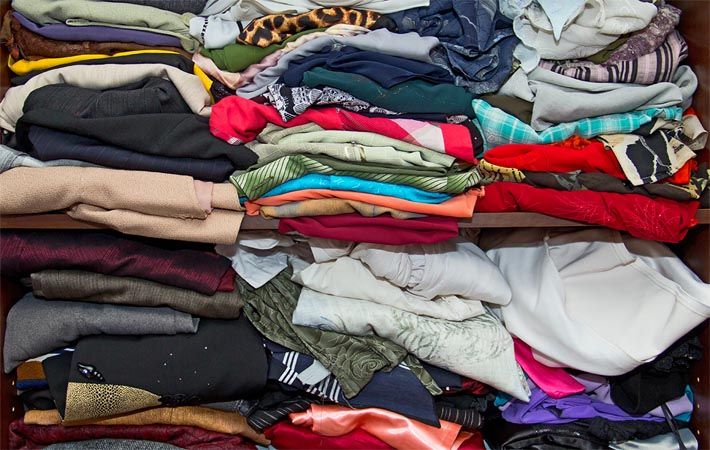Digital tags can measure the frequency and duration of clothing use with reasonable reliability, according to a project report released by the Sustainability Consortium (TSC). The project aimed at creating a market-based system that would incentivise clothing manufacturers to make clothes that are used more frequently, used longer and are re-used.
The Project WearEver: Demonstrating the Feasibility of Using Digital Tags to Measure Clothing Use involved collaboration with Arizona State University, North Carolina State University and the U of A. The report follows the 2019-2020 pilot project, called Project WearEver.Digital tags can measure the frequency and duration of clothing use with reasonable reliability, according to a project report released by the Sustainability Consortium (TSC). The project aimed at creating a market-based system that would incentivise clothing manufacturers to make clothes that are used more frequently, used longer and are re-used.#
The project concluded that digital tags can measure the frequency and duration of clothing use with reasonable reliability. Participants' attitudes toward this idea were more positive after the trial study than before it. The report found there were still many practical constraints before this idea could be scaled more broadly.
TSC's project goal was to demonstrate the feasibility of using digital technology to track clothing use and identify appropriate metrics and measurement protocols to enable communication between stakeholders. The project was conceived to help create a market-based system that would incentivise clothing manufacturers to make clothes that are used more frequently, used longer and re-used. In addition, TSC looked to incentivise retailers and to encourage consumers to show preference for clothes that have superior emotional and physical utility and durability.
Adidas, KJUS and Prana/Renewal Workshop donated clothing for the research pilot. Technology covered in the report includes QR tags, RFID tags, Bluetooth sensors and phone apps.
"While fast fashion still has many followers, the 'slow fashion' movement is gaining momentum with consumers — they are looking for value in terms of not just cost, but cost per use," said Kevin Dooley, chief scientist at TSC. "TSC wants to help build a system where consumers and retailers can compare brands on trustworthy longevity and use data to create market demand for more sustainable clothes."
In 2019, global clothing sales were estimated to be $1.87 trillion, yet challenges in the clothing industry remain to reduce the impact of clothing production on people and the planet. Clothing that is durable, reused or recycled reduces sustainability issues that include water and air pollution, unsafe working conditions and child labour. The report kick-starts efforts to create a pathway for consumers to understand the durability of clothing from brands and create ongoing communication between brands, retailers and consumers.
Karen Leonas, professor of textile and apparel, technology and management at North Carolina State University, said, "Clothing, its production and distribution, are generally highly resource intensive, requiring large quantities of water, energy, chemicals, labour and other natural resources while creating pollution in water ways, air and solid waste. The majority of textiles can be recycled reducing many of these natural resources demands.”
"However, to do so, several things are crucial. Educating and encouraging consumers on alternate disposal methods is fundamental. However, once disposed of, for efficient handling through recycling and the creation of new products, the content and production processes used in the initial creation of the clothing is necessary. This technology will contribute to increased knowledge throughout the supply chain for manufacturers, consumers and recyclers," Leonas said.
Fibre2Fashion News Desk (SV)
